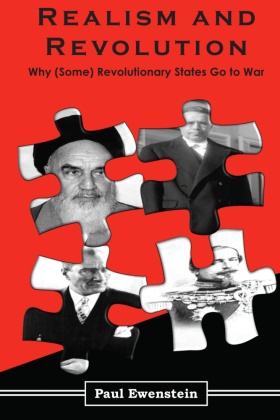Description
Détails du produit
| Auteurs | Paul Ewenstein |
| Edition | Peter Lang |
| Langues | Anglais |
| Format d'édition | Livre Relié |
| Sortie | 01.01.2020 |
| EAN | 9781433173127 |
| ISBN | 978-1-4331-7312-7 |
| Pages | 228 |
| Dimensions | 161 mm x 19 mm x 227 mm |
| Poids | 440 g |
| Illustrations | 8 Abb. |
| Catégories |
Sciences sociales, droit, économie
> Sciences politiques
> Sciences politiques et formation politique
Revolution, POLITICAL SCIENCE / Security (National & International), Smith, Paul, POLITICAL SCIENCE / History & Theory, POLITICAL SCIENCE / Colonialism & Post-Colonialism, POLITICAL SCIENCE / International Relations / General, POLITICAL SCIENCE / Comparative Politics, POLITICAL SCIENCE / World / General, States, Revolutionary groups & movements, Realism, Michelle, Peace studies and conflict resolution, Violence in society, Peace studies & conflict resolution, Violence and abuse in society, Revolutionary groups and movements, Revolutionary, Ewenstein |
Commentaires des clients
Aucune analyse n'a été rédigée sur cet article pour le moment. Sois le premier à donner ton avis et aide les autres utilisateurs à prendre leur décision d'achat.
Écris un commentaire
Super ou nul ? Donne ton propre avis.

